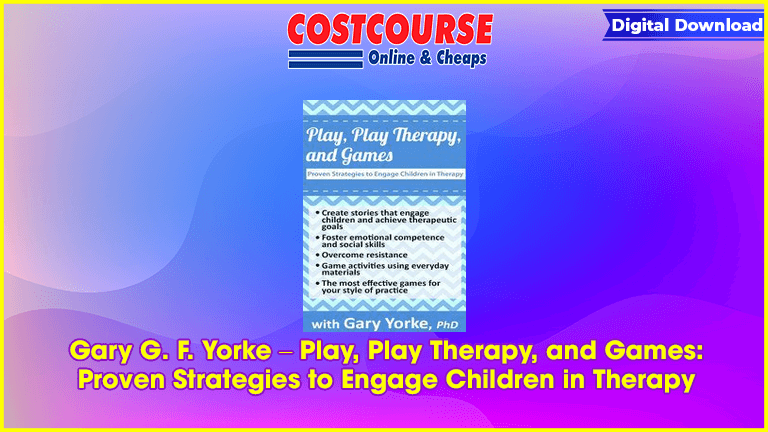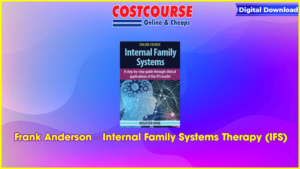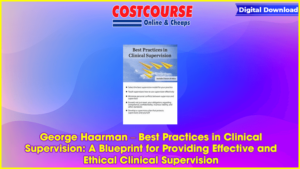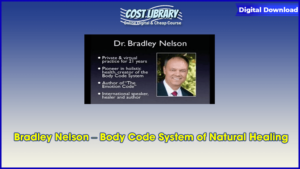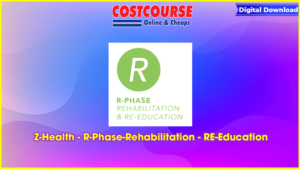Description
Create stories that engage children and achieve therapeutic goals
Foster emotional competence and social skills
Gary G. F. Yorke – Play, Play Therapy, and Games: Proven Strategies to Engage Children in Therapy
Overcome resistance
Game activities using everyday materials
This dynamic and engaging workshop is perfect for adding play clinical therapy strategies and techniques to your repertoire. You will learn practical and engaging strategies to use immediately, for children with ADHD, depression, anxiety, ODD, and more.
The strategies and techniques you will learn in this workshop include storytelling, therapeutic board games, rating scales, Thumballs, paper and pencil games, checkers, noncompetitive games, communication games, popular children’s games such as Candy Land and Don’t Break the Ice®, and Bibliotherapy. The strategies and techniques taught in this workshop are suitable for children with a wide variety of challenges, including anger, anxiety, depression, non-compliance, disruptive behavior, and social skill deficits. A detailed course handbook will provide additional information about techniques and strategies discussed in this workshop, as well as additional resources.
Handouts
062370 Manual (11.95 MB) 136 Pages Available after Purchase Instructions for ASHA Credit – SELF STUDY ONLY – 10/26/17 (0.03 MB) Available after Purchase
Outline
Let’s Play Games!
Use games diagnostically and therapeutically
Select games for specific diagnoses and symptoms
Games to establish rapport
Maintain a therapeutic attitude while encouraging clients to have fun
The Intersection of Play, Play Therapy, and Games
Establish therapeutic goals collaboratively
Select materials specific to the client’s symptoms and behaviors
Teach skills and alternative behaviors
Facilitate interpretations and connections
Reinforce appropriate behaviors in sessions
Strategies to Engage Children and Parents
Engage parents, before, during, and after the initial visit
Educate parents about play therapy
“Homework†interventions
Communication games
Strategies for Young Children (3 to 6 years old)
Brief therapy strategies
Parent training
Cooperative games
Storytelling games
How to use non-therapeutic games
Address disruptive behavior disorders
Play techniques and bibliotherapy for anxiety and depression
Strategies for Elementary School Children (6 to 11 years old)
Engage children in the first and second sessions
Collaborate with parents
Selection and use of therapeutic games
Storytelling
Structured activities for ADHD, anxiety, depression and ODD
Suggestions for non-therapeutic games
Strategies for Middle School Children (11 to 14 years old)
Engage middle school children in the first and second session
Reluctant clients and withdrawn clients
Angry and passive-aggressive clients
Clients/students with weak social skills
Structured activities for ADHD, anxiety, depression and ODD
Collaborate with parents
Selection and use of therapeutic games
Storytelling
Non-therapeutic games
Special Issues in Child Therapy
How much self-revelation is OK
Disruptive behaviors, cheating and frustration
Resistance to game play
Include siblings, parents, friends

